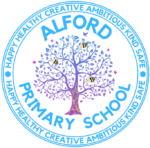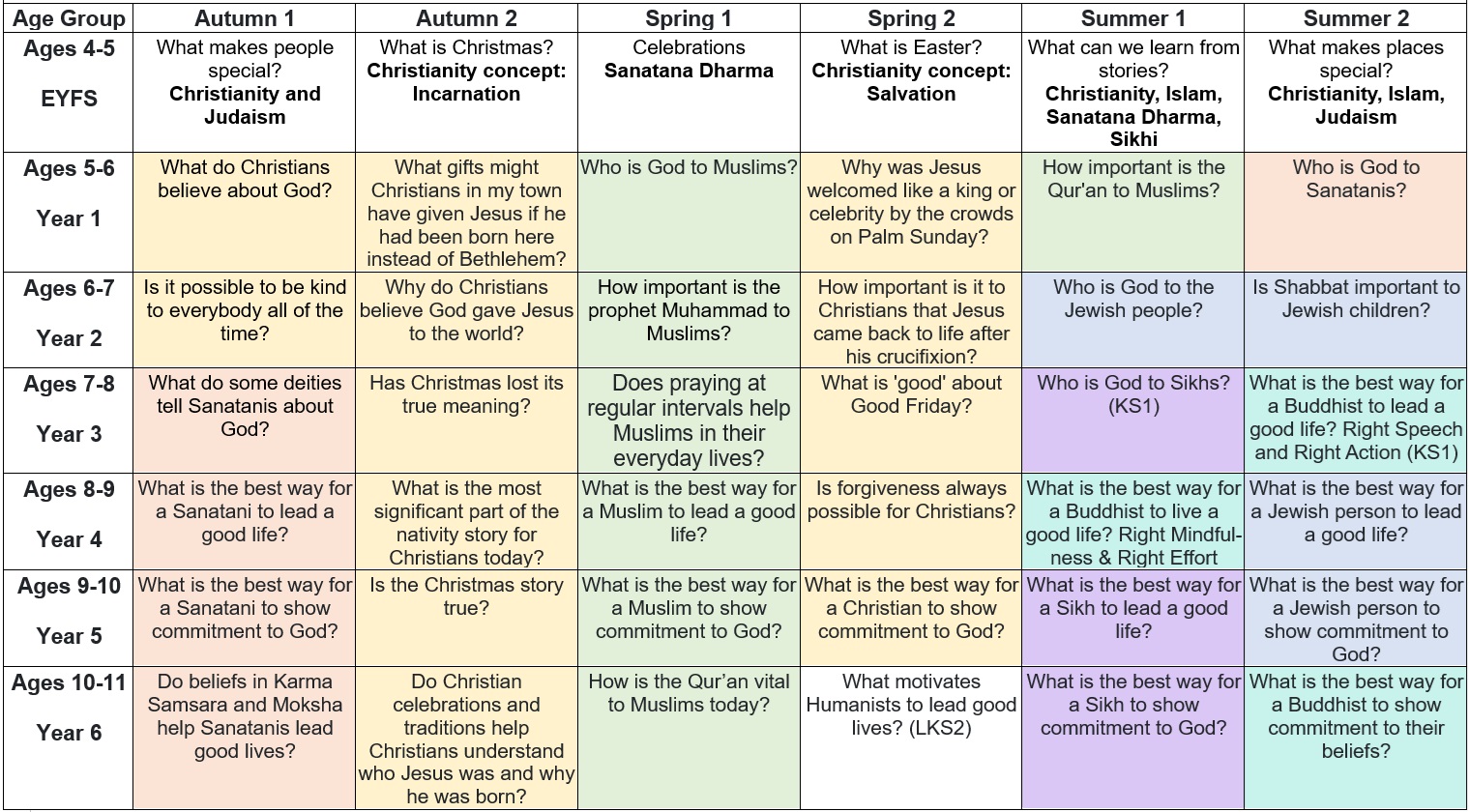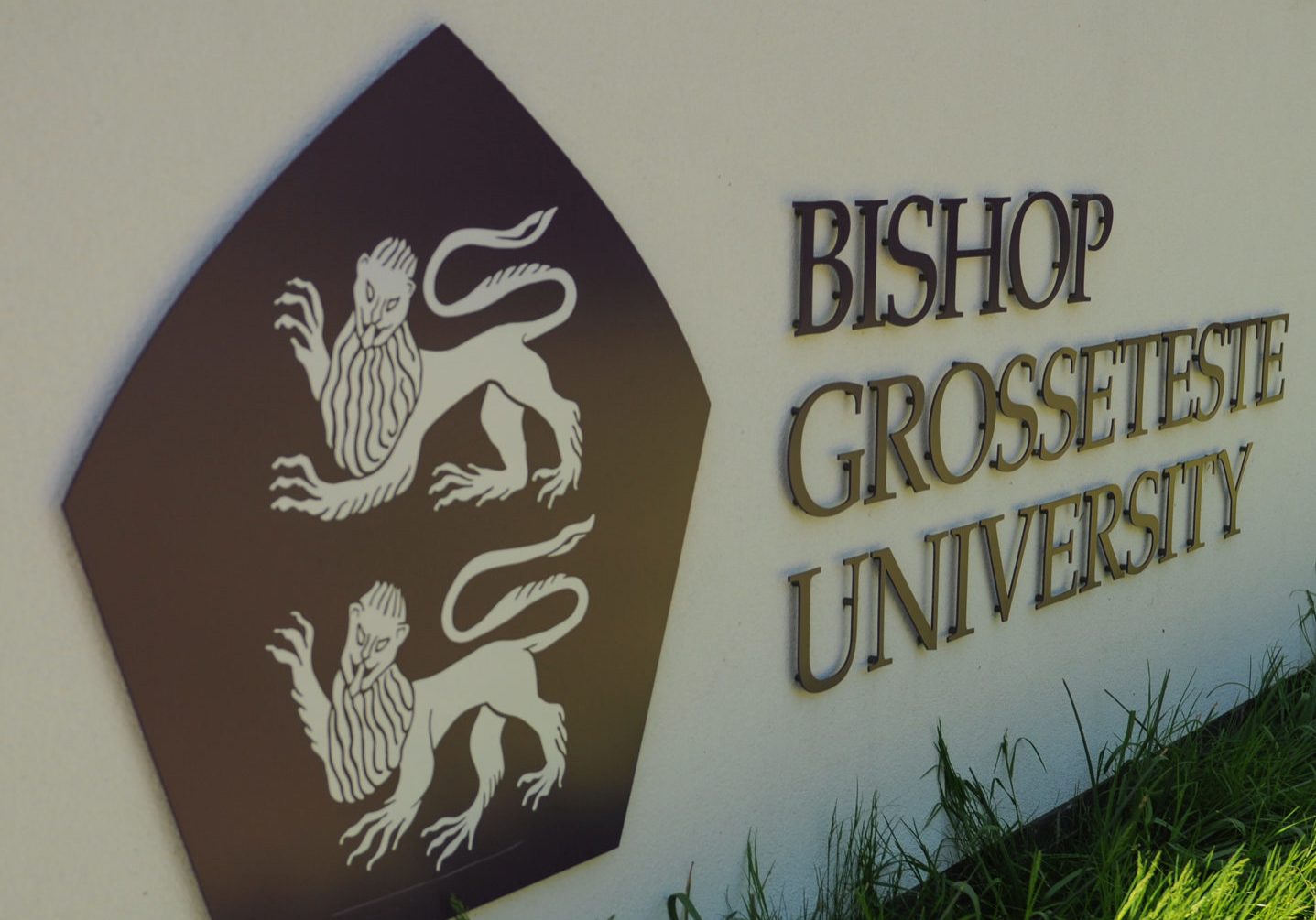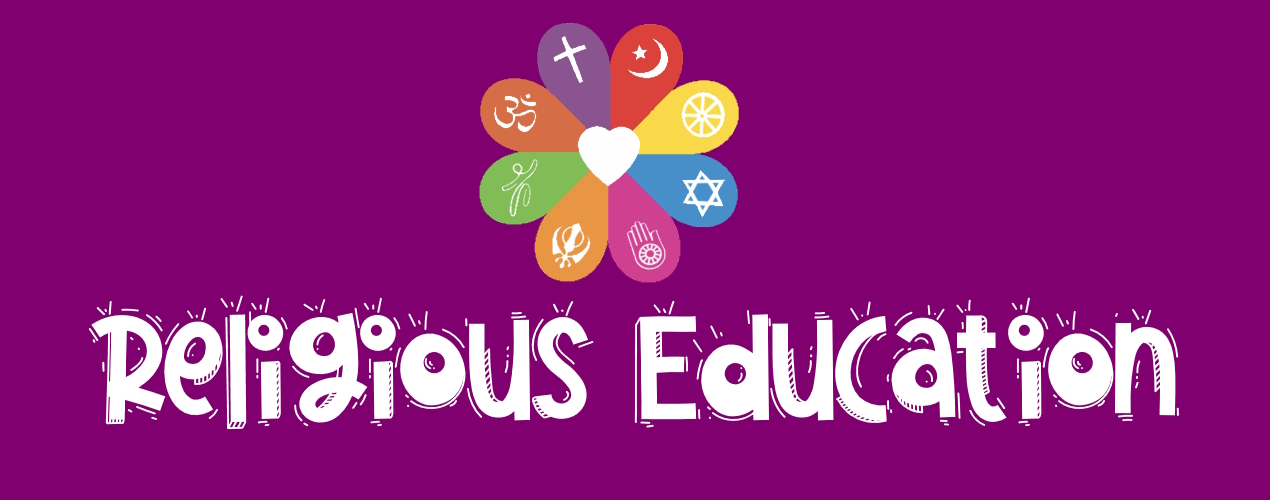
At Alford Primary School we follow The Lincolnshire Agreed Syllabus using Jigsaw RE resources to fulfil our needs.
Jigsaw RE is an enquiry-based scheme of work, covering the principal world faiths and humanism in a progressive way from EYFS to Year 6. In the early years, the learning is closely matched to Development Matters to contribute meaningfully to your child’s holistic development. Throughout all the enquiries, the children’s spiritual, moral, social and cultural education is carefully considered.
Each enquiry lasts for half a term and begins with a “big” question such as “What is the best way for a Christian/Jew/Muslim etc. to show commitment to God?” The children then start discussing the theme of the enquiry (in this case, commitment) from their own experience. What have they shown commitment to? Brownies? Cubs? Their sporting team? Playing an instrument? Only when the children fully understand the concept they are considering, do they then move on to investigating what the people following the studied religion or worldview believe about it. They will spend approximately 3 lessons on this, learning in a variety of ways, so they can adapt their responses and come to a measured conclusion. In week 5 they will complete an activity which can assess their learning, by answering their “big” question. The assessment activities are child friendly and can be answered in a variety of ways, as long as the child can justify their view with the knowledge they have gained throughout the enquiry. This demonstrates the level of critical thinking that the children can apply – a valuable skill for them throughout the school curriculum.
The final week in every enquiry gives the children time to reflect on what they have learnt about the concept and apply to it their own lives, thus allowing them to form their own beliefs and identity. For example, learning that Sikhs share their food with all who attend has taught me ……… about sharing that I would like to take forward with me. These lessons are often very creative and children have opportunities to make items to express themselves in ways other than just writing.
What are the aims of Religious Education?
RE aims to give children the knowledge, critical thinking skills, open minded and respectful attitude with which to
investigate the world of religion and beliefs, and make their own decisions about what this means to them, whilst
empathising with what it means to those who hold those beliefs. It also aims to enable children to grow spiritually by
developing their awareness and skills of reflection, their experience of awe and wonder and their appreciation of
stillness and silence.
Does my child have to attend RE lessons?
RE is a statutory subject in all schools in England, except for those children withdrawn at the request of their parents.
(Education Act 2002, section 80). It is parents’ legal right to withdraw their children from Religious Education
What do schools have to teach in RE?
According to the latest guidance from the government, via the National Curriculum for England, every school needs
to have a broad and balanced curriculum that:
- promotes the spiritual, moral, cultural, social, mental and physical development of pupils
- prepares pupils for the opportunities, responsibilities and experiences of later life
- promotes British values.
Schools also have statutory responsibility to promote community cohesion (Educa1on Act, 2006), and have to
demonstrate that they are “Protecting children from the risk of radicalisation, from whatever source” (The Prevent
duty – departmental advice for schools and childcare providers”, June 2015). RE plays an important part in enabling
these responsibilities.
RE is a statutory subject which sits alongside but not in the English National Curriculum and so there is no ‘official’
national agreement on what should be taught, rather a non-statutory national framework to guide syllabus-writing
bodies.
Jigsaw RE recommends teaching Christianity plus one other principal religion /worldview in every year group, and
enables 7 worldviews (Buddhism, Chris1anity, Islam, Judaism, Sanatana Dharma (Hindu), Sikhi and Humanism) to be
considered by the end of Key Stage 2 (age 11).
What is Jigsaw RE?
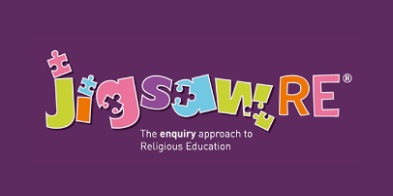
Jigsaw RE is a comprehensive enquiry-based, teaching programme for Religious Education for Years F1- year 6 (3-11 year olds). Our belief is that, using this model well, children’s critical thinking skills can be developed, their motivation to learn increased, and their knowledge and understanding of, and empathy with people and their beliefs, religious or otherwise, will be enhanced. This approach takes very seriously the philosophy that children are free to make their own choices and decisions concerning religion and belief.
